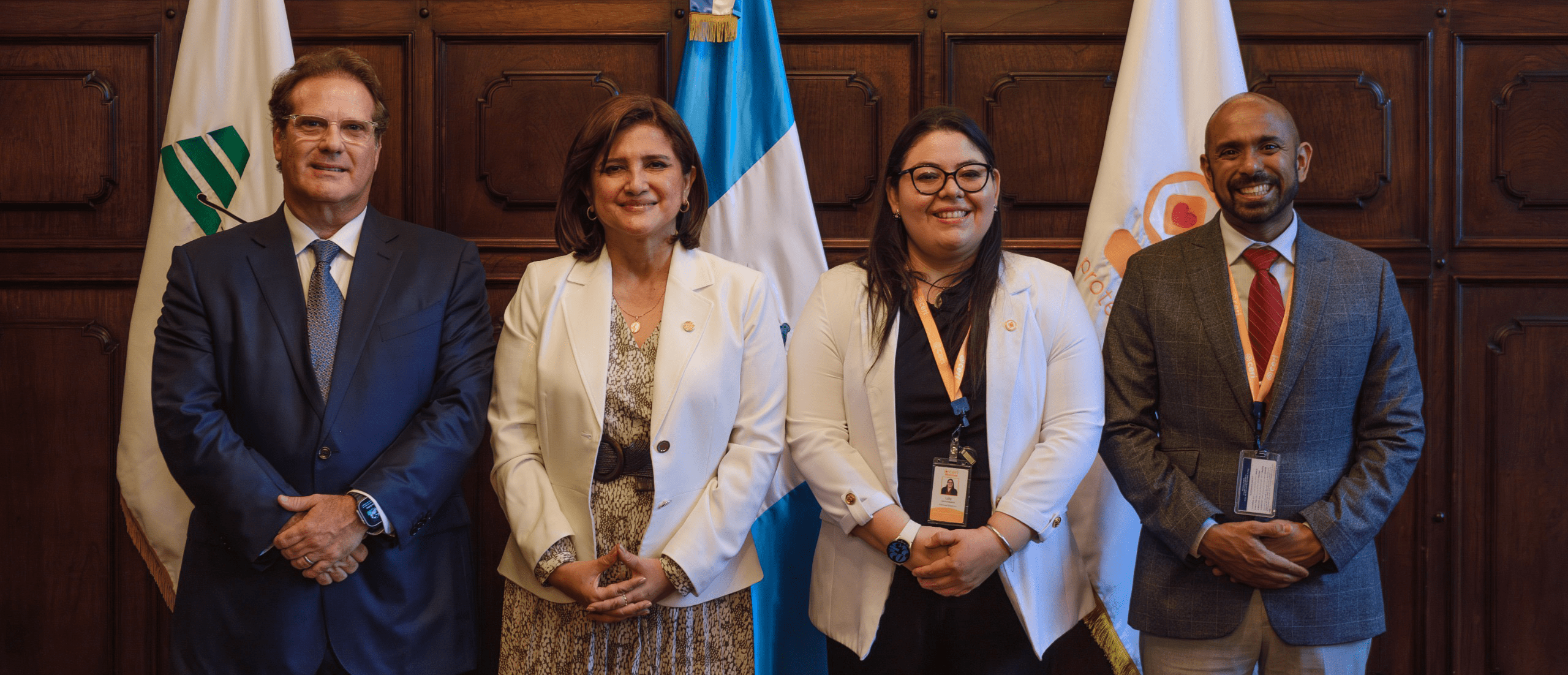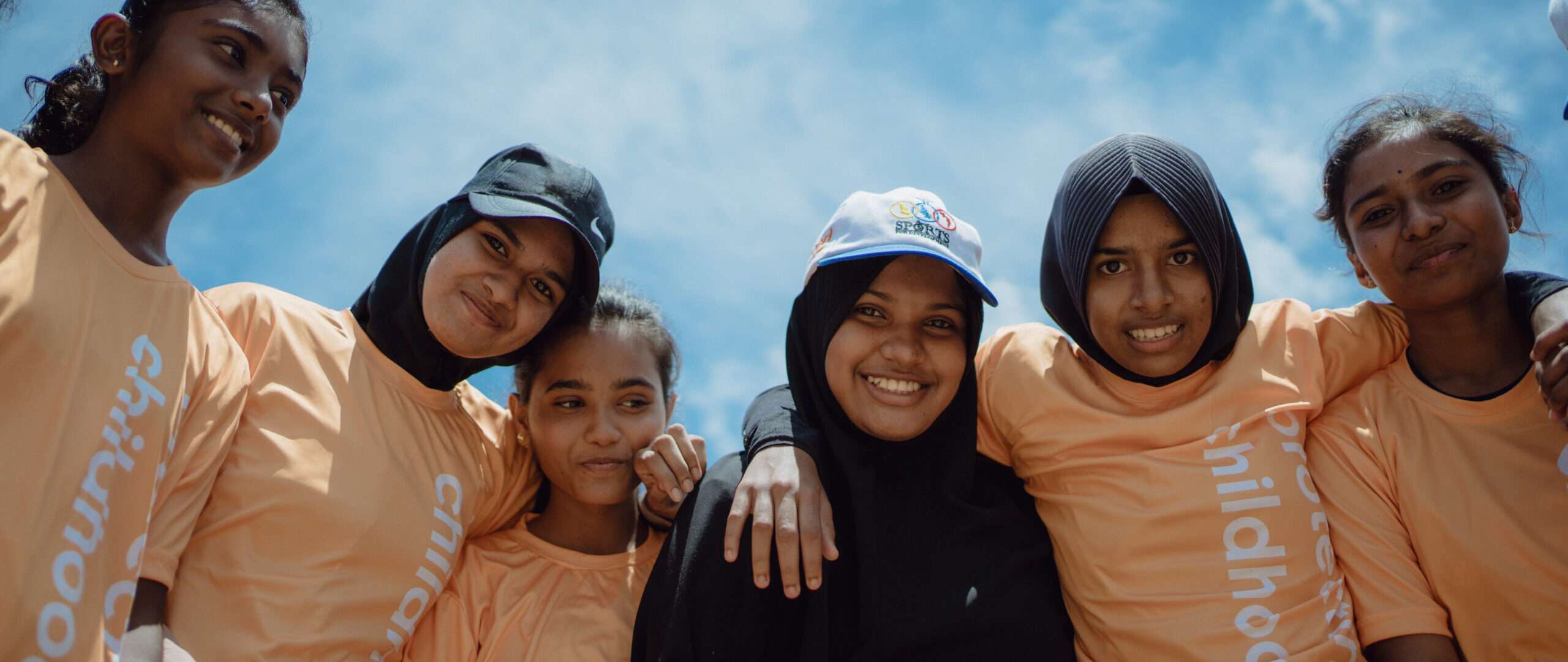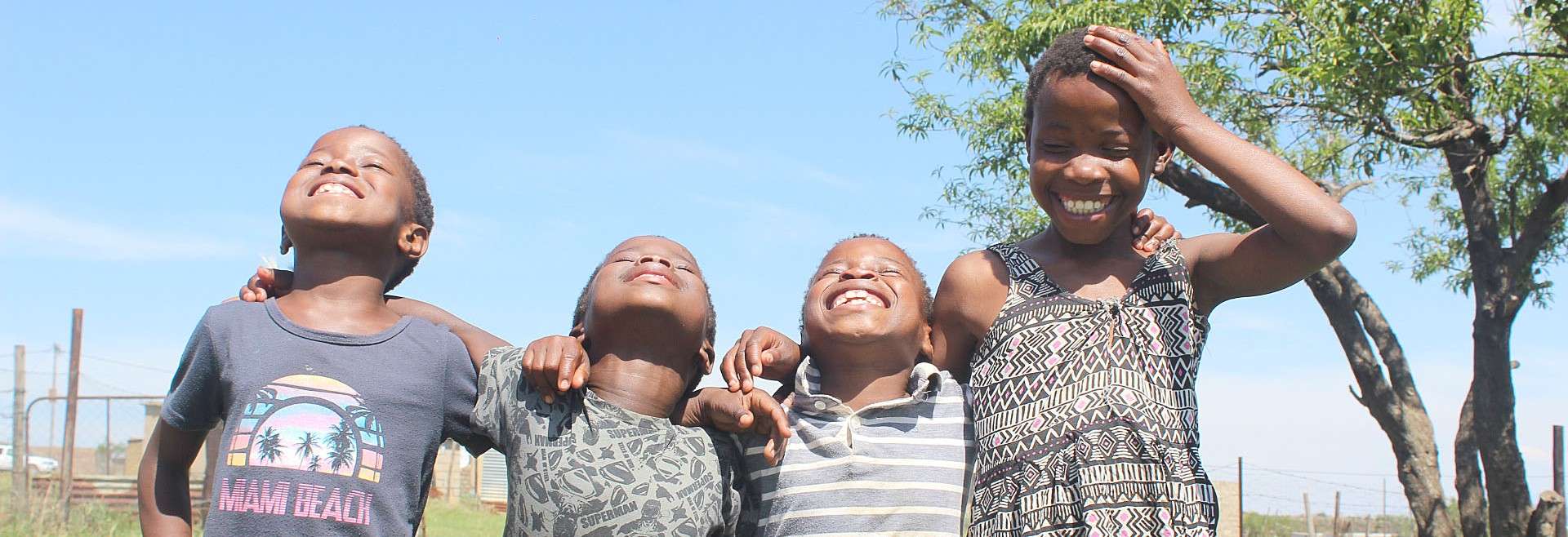Nakeem*, a Rohingya living in a refugee settlement in India, grew up in a society where men take care of matters outside the home and women are confined to their houses, expected to be submissive and compliant. This was the only life Nakeem had ever known. He followed his forefathers’ example by resolving family conflict through violence and religious authority.
But when he had a daughter at the age of 35, his life began to change.
Our partners have provided services to the Rohingya community in India since 2018. Through an after-school program as well as counseling and healthcare services, our work provides opportunities for children and support families as they become self-sufficient. When we first met Nakeem, he had no interest in our work and little willingness to allow his daughter to participate. His behavior was no different than most men in the community who believed women should not be educated or participate in public events. This included playing with other children, going to school and speaking in front of men.
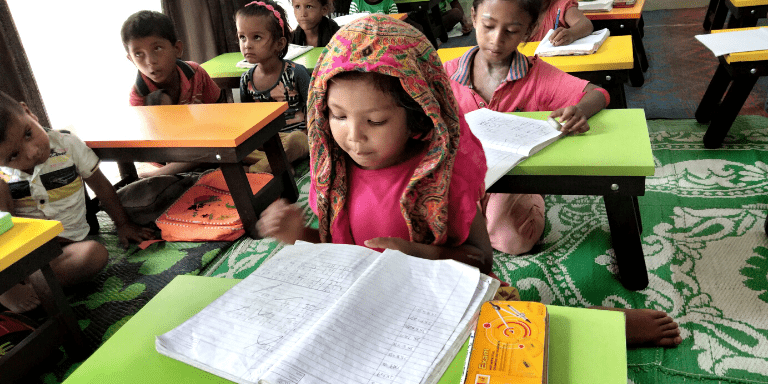
Children learning at a community center in India.
These were the circumstances young Fathima, Nakeem’s 4-year-old daughter, faced every day. The challenges girls face around the world to grow up educated and successful are staggering. Women currently make up more than two-thirds of the world’s 796 million illiterate people, according to the United Nations.
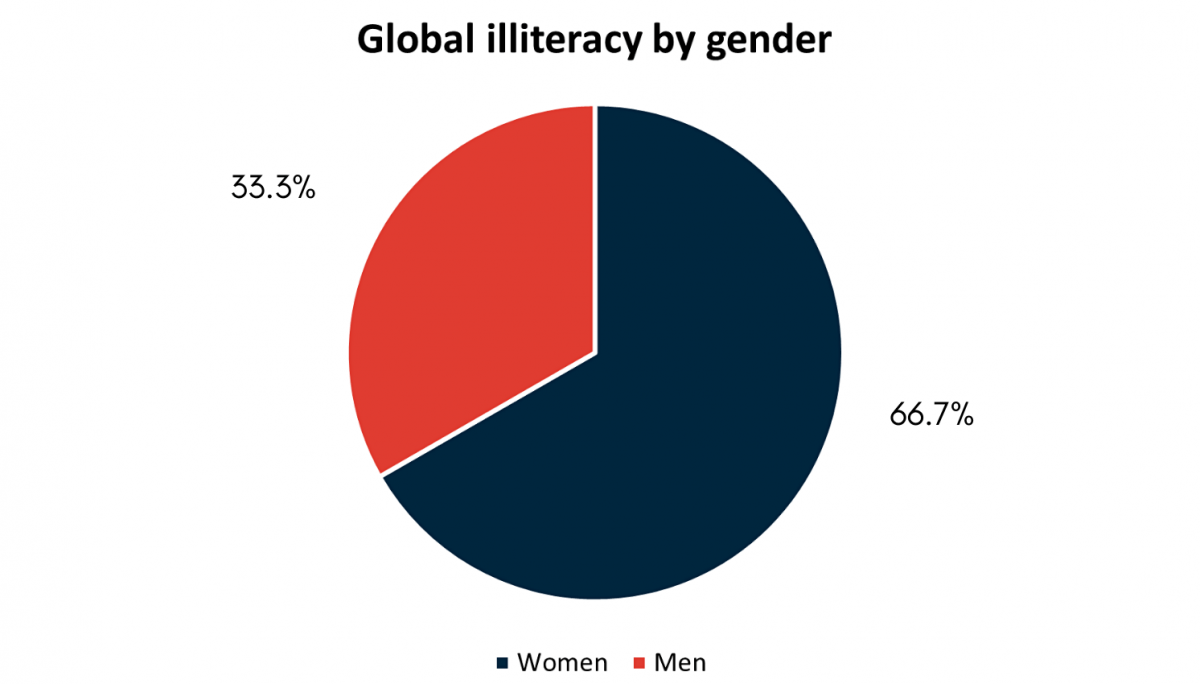
And only 39% of girls living in rural communities are able to attend school at the secondary level. The only path forward available to many young girls is to be married at an early age. One out of three girls in the Global South, or about 12 million worldwide, are married before the age of 18.
In the summer of 2019, a team of volunteers, in partnership with a local hospital, organized a mobile clinic in the community. Doctors gave checkups to the residents and nurses administered medicine and filled out prescriptions. Some women in the community encouraged their neighbors to get checkups and began helping the doctors with translation. The whole community of 260+ received medical help. Just as importantly, something changed inside Nakeem during that time.
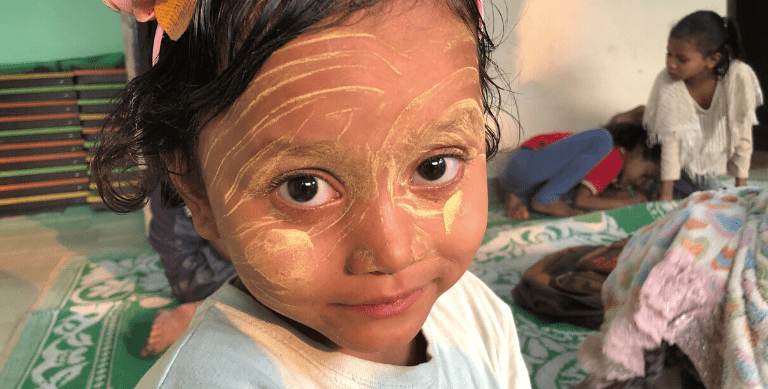
Fathima attends a community center.
One day, Nakeem walked through the doors of the community center and asked staff to teach his daughter, Fathima. He said, “I want her to become a doctor.”
At the mobile clinic, Nakeem had seen, for the first time in his life, women doctors helping people in his community. He was struck by the realization that education was a real opportunity for Fathima and his family. Soon after, other men followed Nakeem’s example and brought their wives and daughters to the education center.

Nakeem learns about domestic violence at a community center.
“I will do whatever I can to support my daughter,” Nakeem said.
After that, Nakeem’s wife started bringing Fathima to the center every day, encouraging her to learn new things. Nakeem’s attitude at home had also changed as he became less strict and more understanding.
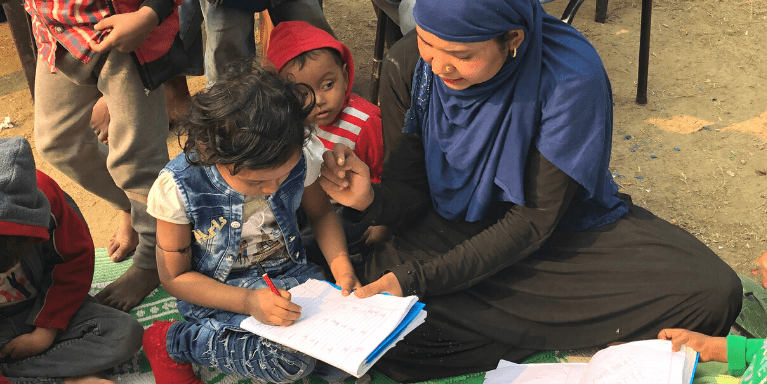
Fathima and her mom learn at a community center.
There are still major needs in Fathima’s life and community. However, her father’s change of heart started something powerful. A new door of opportunity is now open for marginalized children and women.


